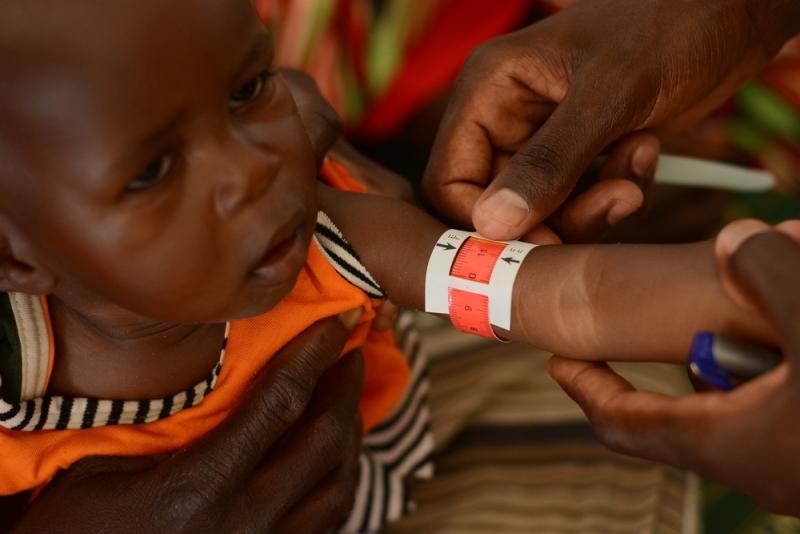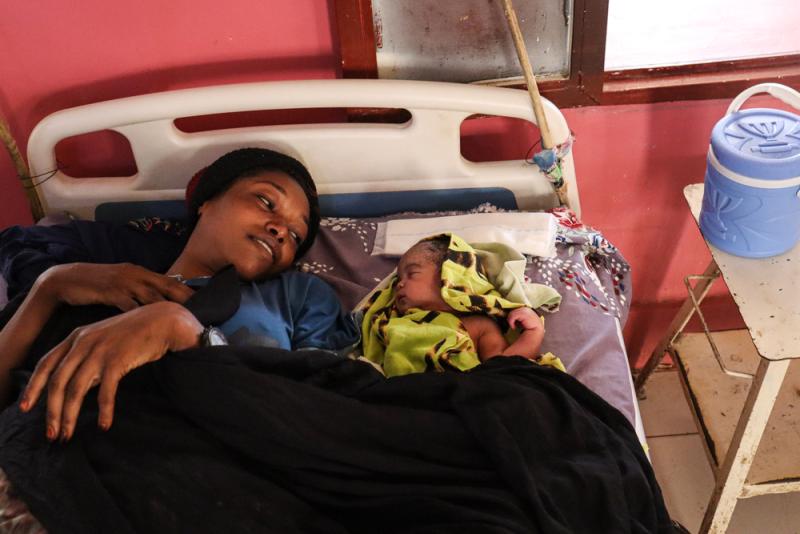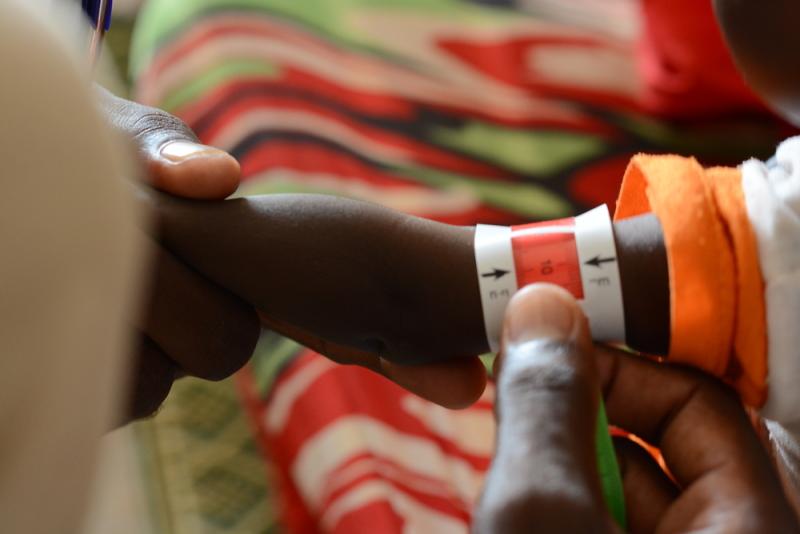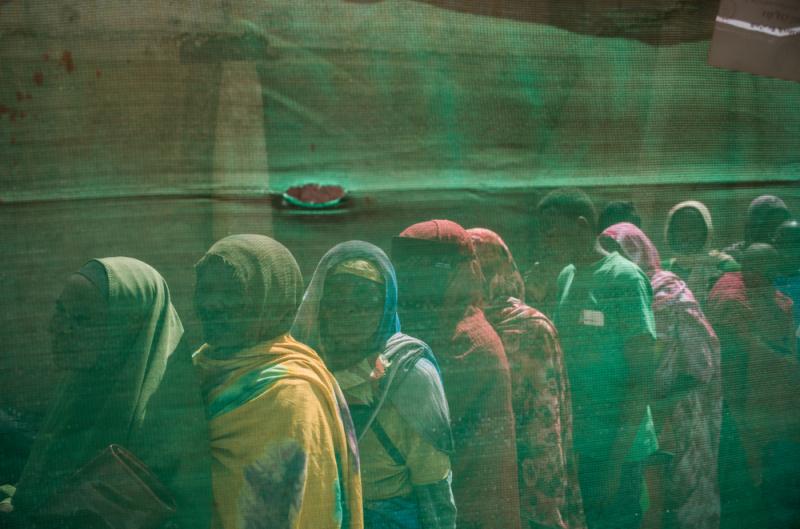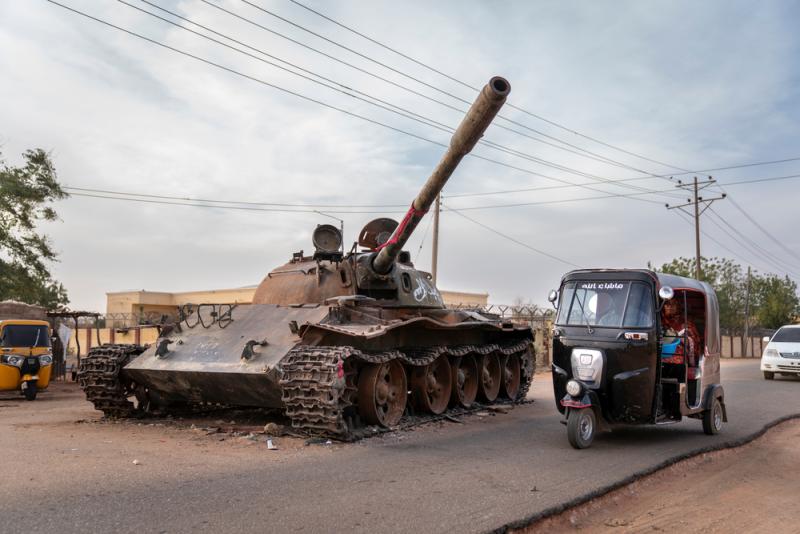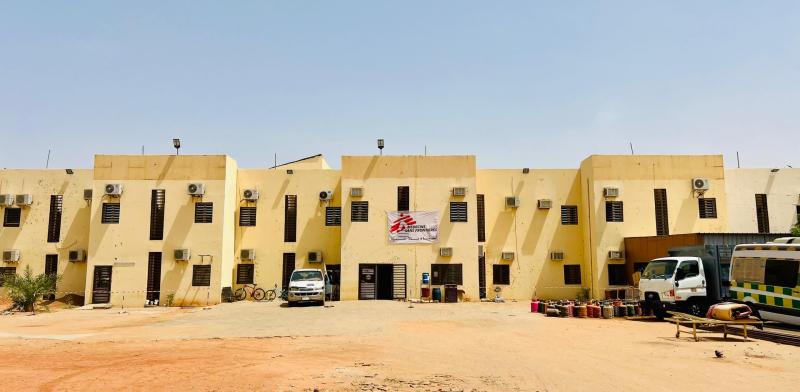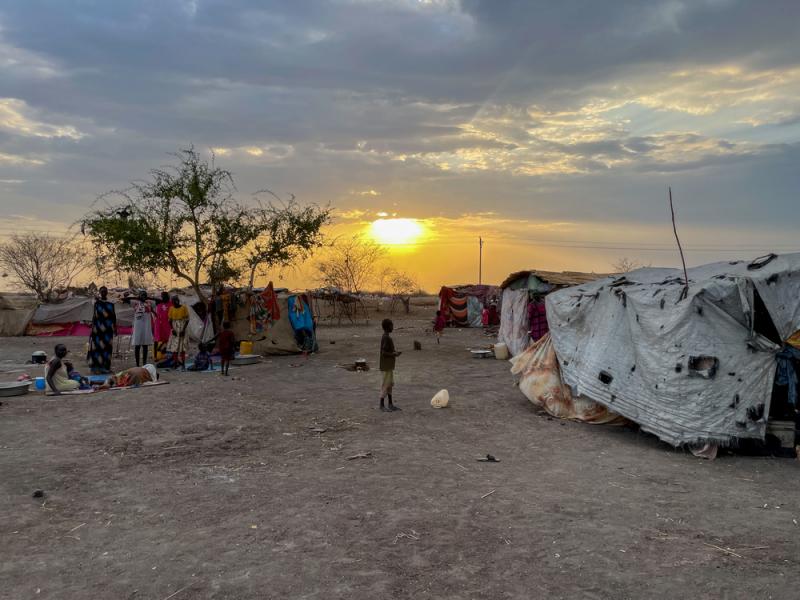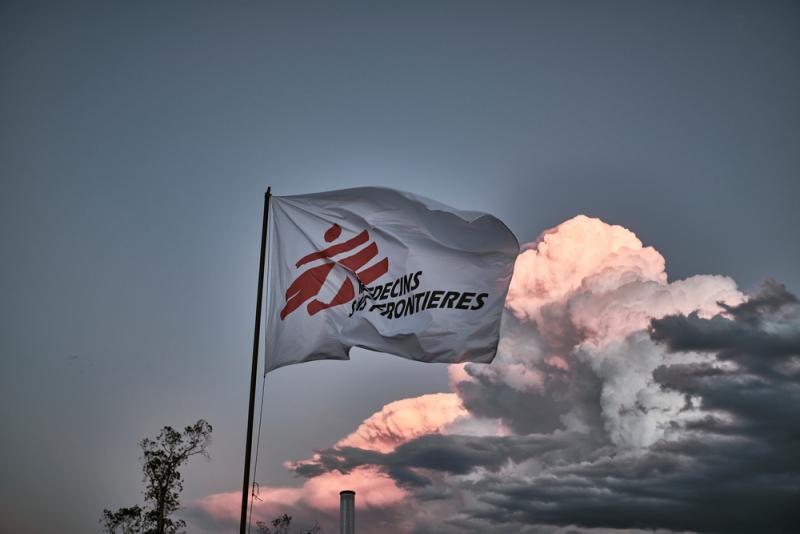Alarming Deaths of Newborns, Pregnant Women, and New Mothers in South Darfur
Latest update
Doctors Without Borders reports.
-
In just two Doctors Without Borders-supported facilities, 46 maternal deaths were recorded in the first eight months of the year. This represents over 7% of all maternal deaths across all Doctors Without Borders facilities worldwide in 2023.
-
Meanwhile, screening of 30,000 children for malnutrition revealed acute malnutrition rates that were more than double the WHO emergency threshold.
The report Driven to oblivion: the toll of conflict and neglect on the health of mothers and children in South Darfur reveals a devastating reality: newborns, pregnant women, and new mothers are dying in alarming numbers. South Darfur is facing multiple health emergencies simultaneously, yet there has been almost no international response from the UN and others.
Although the report focuses on one state, the issues it highlights are widespread across Sudan. The gap between the urgent need for healthcare, food, and basic services and the inadequate international response is unacceptable. We urgently call on donors, the UN, and international organizations to increase funding and scale up maternal health and nutrition programs.
What is the impact of this war in Sudan?
Before the violence increased in April 2023, the health system was incredibly unstable, with persistently low health indices and huge gaps between urban and rural areas, as well as between the rich and the poor.
Doctors Without Borders currently works in and supports more than 30 health facilities in 10 states in Sudan: Khartoum, Al Jazirah, White and Blue Nile, Al Gedaref, West Darfur, North, South and Central Darfur, and Red Sea. Our teams have also recently intervened in Kassala. We run activities in both SAF- and RSF-controlled areas. We provide trauma care, maternal care and treat malnutrition alongside other healthcare services.
The needs across the country are massive and largely unmet. Since April 2023, more than half a million people have sought medical consultations at our supported hospitals, health facilities and mobile clinics.
In hotspots of violence, atrocities have been committed, civilians have been ethnically targeted and killed.
- In June, over 1,500 war-wounded Sudanese were received in the Doctors Without Borders -supported hospital in Adré (Chad) in one week.
- We treated survivors of sexual violence. Between July and December 2023, 135 of the patients who presented to a Doctors Without Borders medical facility in eastern Chad disclosed that they were survivors of rape. All are women or girls, between 14 and 40 years old, and most were attacked before their arrival in Chad. The attackers were armed in 90 percent of cases, and 40% of the survivors were raped by multiple attackers. (Source)
The indirect health consequences of the war have been equally devastating. Between 70 and 80% of hospitals in conflict-affected areas are no longer functioning. Many people have to travel long distances, often amid extreme insecurity, to seek medical care. Patients often arrive late to the health facilities.
Poor living conditions, lack of access to clean water, lack of vaccinations and lack of access to healthcare combine to create conditions for outbreaks, as happened over the last year, and exacerbate the prevalence of diseases significantly. Doctors Without Borders teams have seen over 100,000 malaria cases, treated more than 2,000 people for cholera and seen many thousands of measles cases.
Pregnant women are particularly affected by the lack of access to healthcare. Over the past year, Doctors Without Borders has assisted more than 8,400 deliveries and performed 1,600 caesarean sections.
Another growing issue is malnutrition. Doctors Without Borders has supported treatment for over 30,000 children with acute malnutrition in a year.
Doctors Without Borders is also responding in Chad and South Sudan where over a million people have taken refuge since the start of the war in Sudan.
This is a crisis unlike any other I have seen in my career. Multiple health emergencies happening simultaneously with almost no international response from the UN and others. Newborn babies, pregnant women and new mothers dying in shocking numbers; so many deaths are due to preventable conditions, but almost everything has broken down.Dr Burkhardt, health activity manager
- Attacks against healthcare
- Since Doctors Without Borders has started supporting Al Nao hospital in Omdurman, multiple shells landed alarmingly close, within 500m of the hospital. On October 9 shelling struck the emergency department, killing two patient caretakers, and injuring five people. A further four shells exploded just outside the hospital, killing two more people and leaving several others injured.
- Early August, RSF claimed that SAF had forcibly evacuated civilians and turned Al Nao into a military hospital. At that time, Doctors Without Borders staff were treating war-wounded civilians at the facility, the only functioning trauma room left in Omdurman.
- Keeping medical facilities weapons free is a daily challenge in Al Nao Hospital in Omdurman and Kas hospital in Darfur, as well as other facilities in various parts of the country.
- Attacks on Doctors Without Borders staff and medical personnel
- Warring parties have committed violence directly against Doctors Without Borders staff and the Doctors Without Borders-supported hospitals staff in Khartoum and Darfur. Team members and supported medical personnel experienced intentional, direct physical assault, harassment, and threats, as well as detention and were subjected to other forms of abuse.
- Some health staff work double shifts when it is too dangerous for their colleagues to travel. On 5 October, a nurse working at Al Nao was stopped by an armed actor at a checkpoint as he was on his way for an evening shift. They badly beat him and left him on the street. He was unconscious by the time he was brought to the hospital.
- On July 4, 2023, a stray bullet landed in the grounds of Al Saudi hospital (Omdurman) – killing an MoH staff member while walking in the compound – forcing the hospital to relocate to a safe location in the compound of Al Nao hospital.
Healthcare workers and medical facilities must be protected
Since the start of the conflict, healthcare workers and medical facilities have been attacked and looted leaving large portions of the health system damaged and/or non-functional. With widespread displacement and economic collapse, the healthcare system is now overwhelmed and on the verge of total collapse with most hospitals no longer functional in the country. Doctors Without Borders has increased efforts in reconstructing hospital facilities in multiple locations across Sudan, which were partially or completely damaged or looted and became non-functional as a result or made inoperable (notably: Turkish Hospital in Khartoum and South Hospital in El Fasher, the Paediatric Hospital in El Fasher, the Nyala Teaching hospital).
Key Doctors Without Borders facilities in Khartoum and South and West Darfur were broken into at the beginning of the conflict and vital medical supplies and logistical equipment were stolen, critically jeopardizing Doctors Without Borders operations in Sudan.
While the cases above are exemplary, they do not come as isolated cases. In the current situation, Doctors Without Borders staff, healthcare and humanitarian workers more broadly are compelled to operate within an overall atmosphere of unsafety, insecurity, risk for life and physical wellbeing further exacerbated by targeted acts of harassment, suspicion and criminalization by the Sudanese authorities and RSF (e.g. detention of staff and humanitarian workers).
Emergency
Help us provide lifesaving medical care for victims of the recent violence in Sudan and our patients in over 70 countries around the world. Support us now by making a donation.

